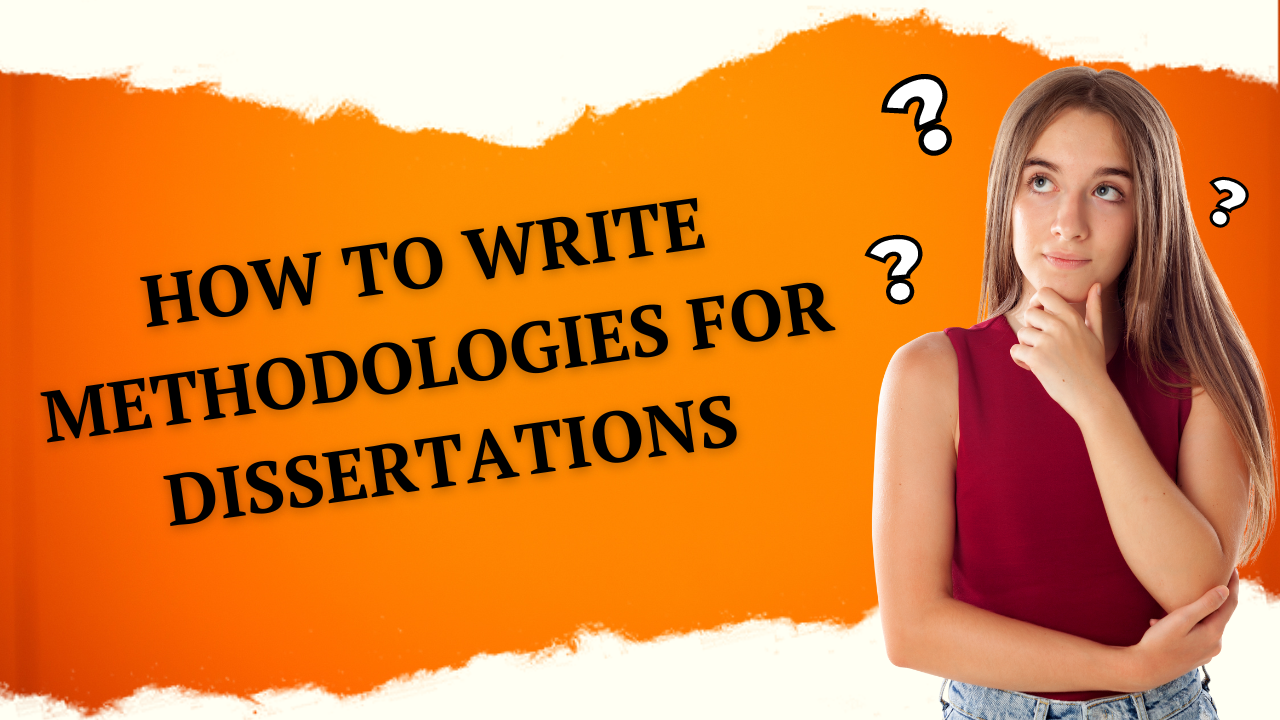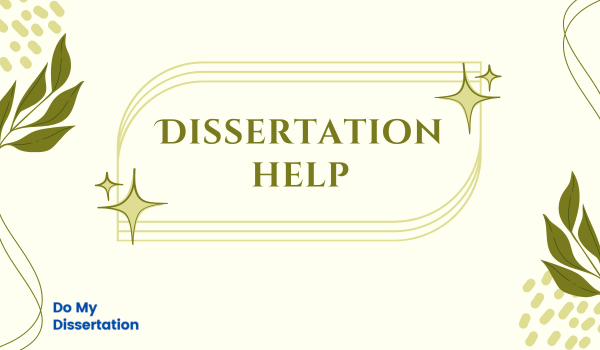It can be intimidating to start writing a dissertation. However, with the right guidance and support, it becomes a rewarding experience. This article aims to provide insights into the world of dissertation help, the importance of seeking expert guidance, and how dissertation writing services Australia can be a game-changer in your academic journey.
The Importance of Dissertation Writing
Dissertation writing is a crucial component of academic excellence, showcasing a student’s research skills, analytical abilities, and depth of knowledge in a particular subject.
Understanding Dissertation Writing Process
The process involves selecting a topic, conducting extensive research, drafting, revising, and editing. It requires dedication, time management, and a structured approach to ensure a coherent and well-researched final document.
Benefits of Dissertation Writing Help Australia
Seeking dissertation writing help Australia can offer several benefits. It provides professional guidance, ensures adherence to academic standards, and helps in producing a high-quality dissertation that stands out.
Finding the Right Dissertation Expert
Choosing the right dissertation expert can be a game-changer in your academic journey, providing invaluable insights, guidance, and support throughout the dissertation writing process.
Qualities of a Reliable Dissertation Expert
A reliable dissertation expert possesses a strong academic background, research skills, and experience in guiding students through the dissertation process. They offer personalized support tailored to individual needs, ensuring success.
How Dissertation Experts Assist in Writing
Dissertation experts assist in topic selection, research design, data analysis, and writing, providing constructive feedback and guidance to ensure the production of a compelling and well-structured dissertation.
Navigating Dissertation Writing Services Australia
Dissertation writing services Australia offer professional assistance tailored to individual needs, ensuring quality, timeliness, and success in your dissertation writing journey.
Services Offered by Dissertation Writing Services Australia
These services offer a range of services, including topic selection, research assistance, writing, editing, and proofreading, catering to the diverse needs of students.
How to Pick the Finest Companies for Writing Dissertations
When choosing dissertation writing services, consider factors such as reputation, reviews, pricing, and customer support to ensure you receive quality and reliable assistance.
Steps to Write an Impressive Dissertation
Writing an impressive dissertation requires a structured approach, from choosing a topic to conducting research, writing, and editing. This is a comprehensive guide to assist you in navigating the procedure.
Choosing a Dissertation Topic
Selecting a relevant and engaging topic is crucial. It should align with your interests, expertise, and the scope of your study to ensure a compelling and impactful dissertation.
Researching for Your Dissertation
Conducting thorough research is essential. It involves gathering relevant sources, analyzing data, and interpreting findings to support your dissertation’s arguments and conclusions.
Writing and Structuring Your Dissertation
Writing and structuring your dissertation involves organizing your ideas, presenting arguments coherently, and adhering to academic standards to ensure clarity, coherence, and academic rigor in your work.
Overcoming Challenges in Dissertation Writing
Navigating the dissertation writing process can be challenging. However, with perseverance and effective strategies, you can overcome common challenges and succeed in your academic journey.
Time Management Tips for Dissertation Writing
Managing your time effectively is crucial. It involves setting deadlines, creating a schedule, and prioritizing tasks to ensure timely progress and completion of your dissertation.
Dealing with Writer’s Block
Experiencing writer’s block is common. However, taking breaks, seeking inspiration, and changing your approach can help you overcome writer’s block and continue making progress in your writing.
Conclusion:
Navigating the intricate journey of dissertation writing requires careful planning, dedication, and support. With the right guidance from dissertation experts and the assistance of dissertation writing services Australia, you can navigate this academic endeavor with confidence, producing a compelling and well-researched dissertation that contributes meaningfully to your field of study.
FAQs:
How can dissertation writing services Australia help me?
Dissertation writing services Australia offer professional assistance, guiding you through the writing process, ensuring adherence to academic standards, and helping produce a high-quality dissertation.
What qualifications should a dissertation expert possess?
A reliable dissertation expert should possess a strong academic background, research skills, and experience in guiding students through the dissertation writing process.
How much does dissertation writing help Australia cost?
The cost of dissertation writing help Australia varies depending on the service provider, complexity of the project, and the level of assistance required.
Can I communicate with the dissertation writer directly?
Yes, many dissertation writing services Australia allow direct communication with the writer, ensuring clarity, collaboration, and personalized support throughout the writing process.
How long does it take to write a dissertation with help?
The time required to write a dissertation with help varies depending on the scope of the project, research requirements, and writing process. However, with professional assistance, you can expedite the writing process and ensure timely completion.
Is using a dissertation writing service ethical?
Using a dissertation writing service is ethical as long as you use the service responsibly, ensuring originality, authenticity, and academic integrity in your work.





